Rabbit-Proof & Adorable: 10 Pet-Integrated Bunny Decor Ideas That Wow (and Work)
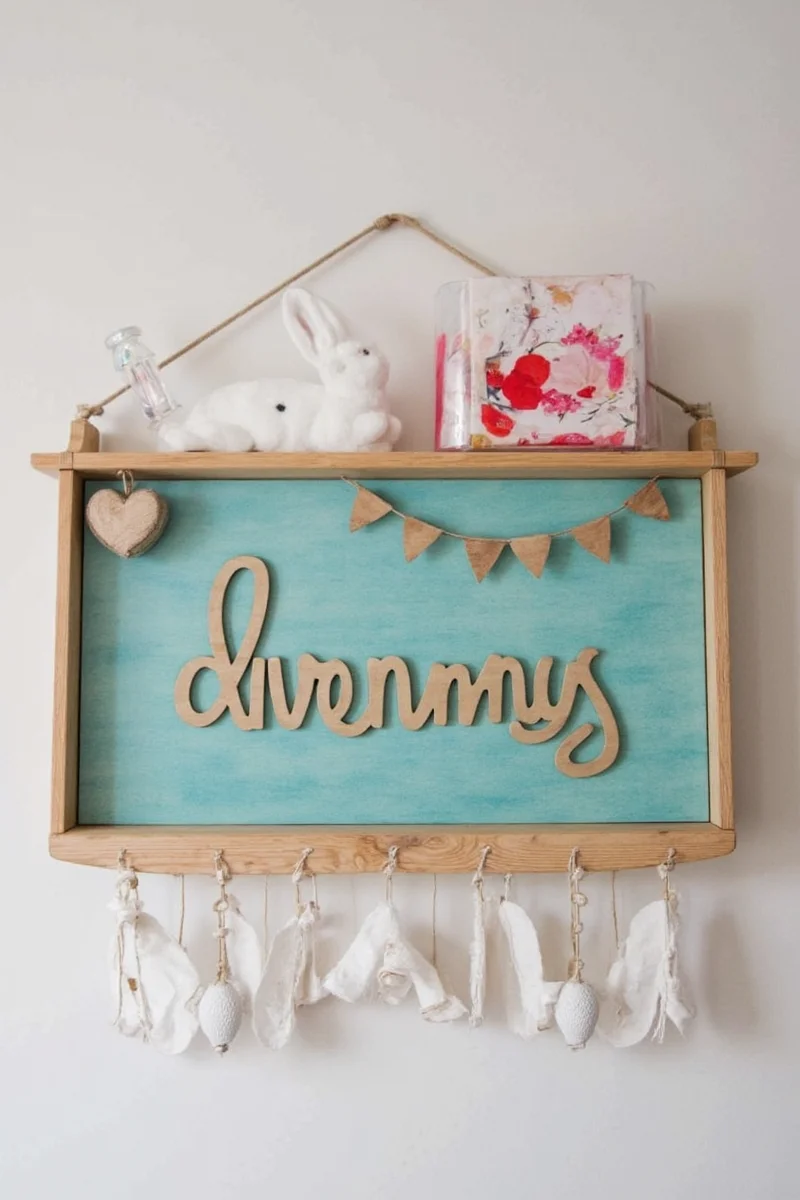
Table of Contents
- Why Bunnies Deserve Their Own Decor Style
- Top 10 Bunny-Integrated Decor Tips
- Buying Guide: The Must-Have Rabbit Decor Essentials
- FAQ: Everything You Didn’t Know You Needed to Know About Bunny Home Design
- Conclusion: Create a Space That’s Fluffy and Functional
Why Bunnies Deserve Their Own Decor Style
Bunnies aren’t just pets—they’re interior design partners in fur form. If you’ve ever watched a bunny zoom across the floor like a tiny caffeinated racecar, you know they have personality. But designing a stylish home around a creature that chews everything from shoes to IKEA furniture can be...challenging.
Enter bunny-integrated decor: the art of creating a chic home that also accommodates your floofball's chewing, nibbling, burrowing, and binkying habits.
What Is Bunny-Integrated Decor?
This isn't about slapping a bunny-shaped cushion on your couch and calling it a day. Bunny-integrated decor means blending aesthetics with function—so your home looks good and survives the teeth of destruction.
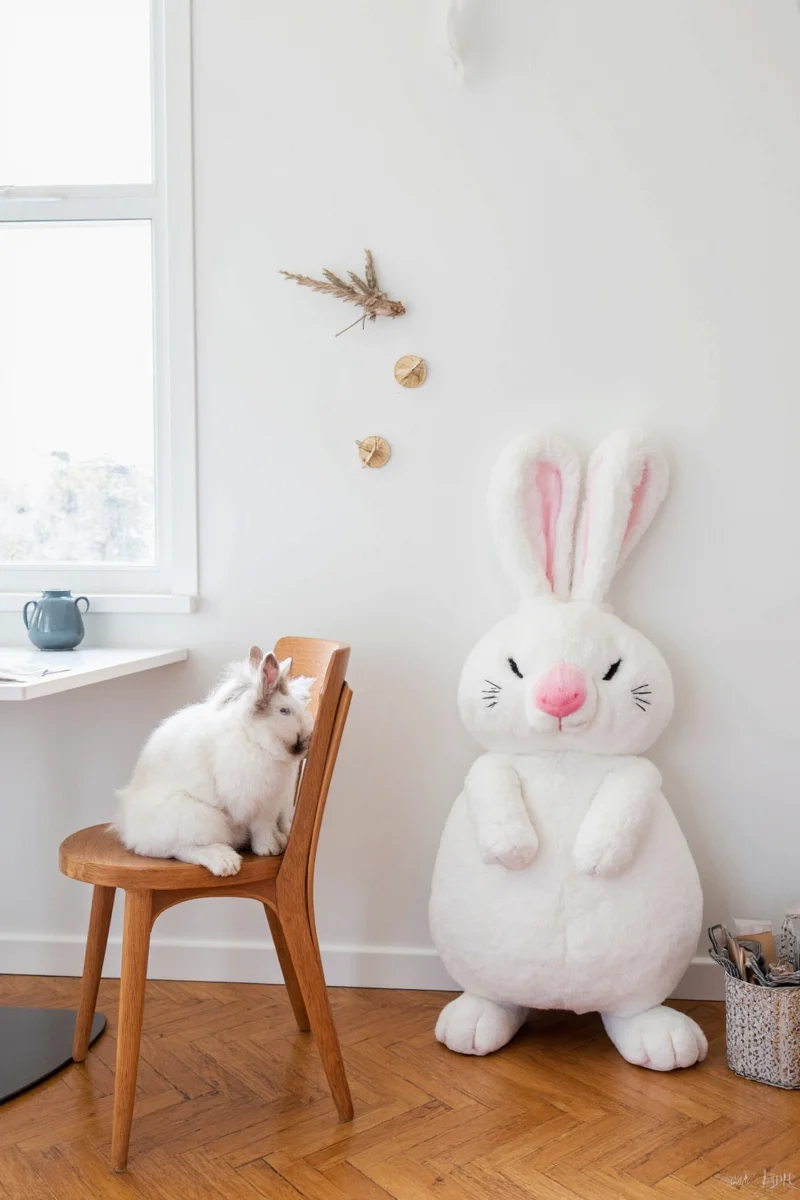
Top 10 Bunny-Integrated Decor Tips
- Use Rattan or Wicker Baskets as Chew Zones
- Rabbits love soft weaves—make it easy by giving them permission to chew in style.
- Place baskets near baseboards to redirect chewing behavior.
- Try faux-wicker for easier cleaning.
- Paint Baseboards with Non-Toxic Wood Stain
- Yes, rabbits will gnaw walls. Give them flavor options.
- Try cedar oil-infused stain—it smells nice and is naturally deterrent.
- Create a Burrow Nook Underneath Furniture
- Let your sofa do double duty as a tunnel zone.
- Add a removable blanket barrier so they don’t get stuck.
- Opt for Rounded Couch Corners
- Avoid sharp edges that can cut noses during enthusiastic exploration.
- Felt corner protectors add flair and safety.
- Hide Litter Boxes in Stylish Side Tables
- Look for side tables with one open side—no digging required!
- Choose neutral colors that blend into the room.
- Go for Washable Rugs with Tassels or Fringe
- Rabbits adore chewing and pulling at fringes—turn it into an accessory.
- Natural fiber rugs like jute are both durable and digestible (to a degree).
- Build Wall-Mounted Shelves Just for Them
- Giving bunnies their own vertical territory saves your valuables.
- Sturdy wood and rounded corners are key.
- Add Textured Wall Panels to Redirect Chewing
- Install wooden wall panels in low zones—great for scratching posts too.
- Pair with sisal rope accents for extra fun.
- Decorate with Rabbit-Safe Plants
- Wheatgrass, clover, and catmint are safe and tasty.
- Mount plants high if you want them to last more than 5 minutes.
- Design a Tunnel Zone in Your Living Room
- Repurpose old ottomans as hideaways or invest in tunnel kits.
- Include a cozy bed and chew toys inside.
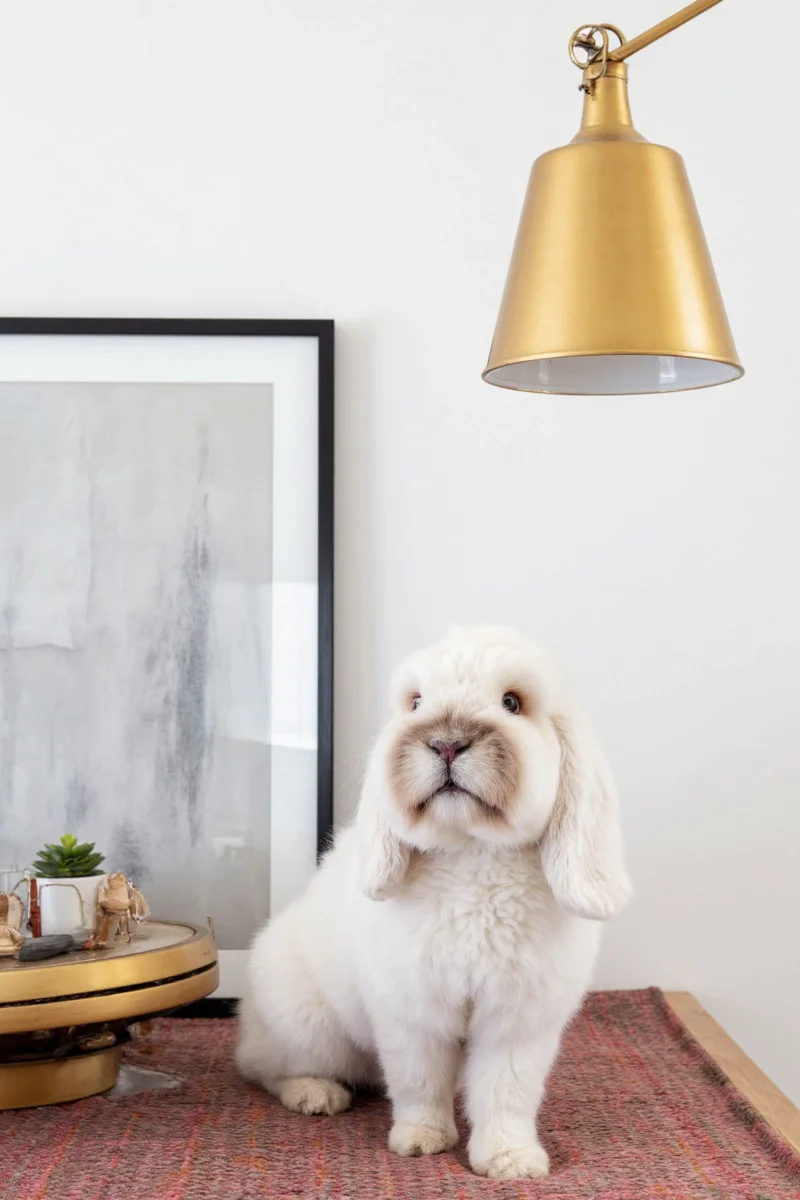
Buying Guide: The Must-Have Rabbit Decor Essentials
If you're ready to upgrade your rabbit-friendly space, here are five must-have products that combine functionality with style:
| Product Name | Description | Key Features | Best For | Price Range |
|---|---|---|---|---|
| Hay Ball Feeder | A spherical toy that dispenses hay as the bunny rolls it around. | Eco-friendly materials, encourages exercise, keeps floors clean | Active bunnies, indoor spaces | $15–$25 |
| Wall-Mounted Rabbit Shelf | Wooden shelf system designed for bunnies to rest and explore vertically. | Durable pine wood, scratch-resistant surface, easy installation | Small apartments, minimalist homes | $40–$70 |
| Chew-Resistant Couch Covers | Soft yet strong slipcovers made from microfiber and bamboo blends. | Machine washable, stylish patterns, non-toxic materials | Households with large bunnies | $30–$50 |
| Sisal Rope Play Area | A modular floor mat with attached ropes for chewing and climbing. | Natural sisal fibers, anti-slip backing, interchangeable modules | Playrooms, studios | $50–$80 |
| Luxury Litter Box Cabinet | Enclosed litter box disguised as a modern side table. | Odor control, easy access for bunnies, hidden storage | Living rooms, shared spaces | $90–$150 |
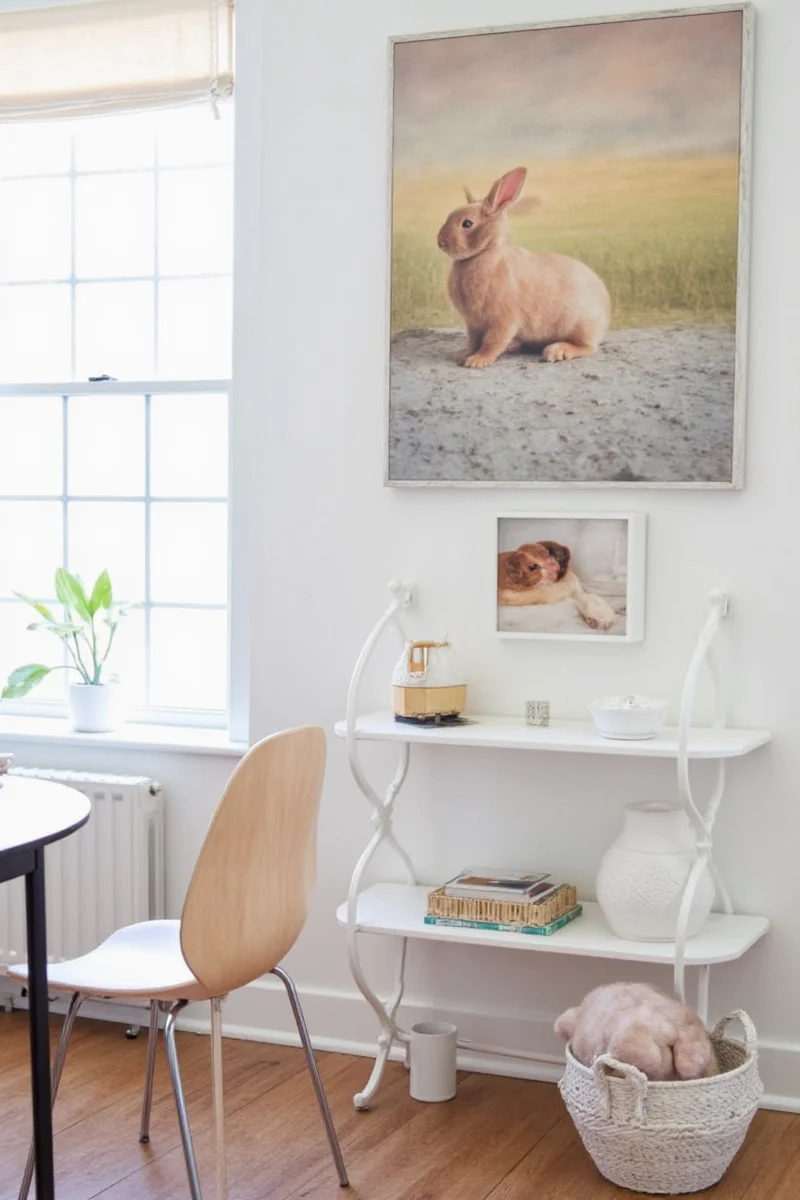
FAQ: Everything You Didn’t Know You Needed to Know About Bunny Home Design
Can I use regular furniture for a bunny-friendly home?
Yes—but with precautions. Choose solid wood over MDF or particle board (which splinters easily). Add corner guards and keep valuable items out of reach.
What colors are best for bunny decor?
Rabbits don’t perceive color the same way humans do. Focus on texture and contrast instead. Earthy tones blend well with natural elements like hay and wood.
Do bunnies really need special lighting?
No, but they prefer indirect light. Avoid harsh LED spots; go for warm bulbs or ambient lighting. Dimmable lamps let you adjust mood without stressing your bunny.
How often should I rotate decor to keep my bunny entertained?
Every 4–6 weeks is ideal. Rabbits get bored easily, so switching up tunnels, toys, and textures keeps their environment stimulating.
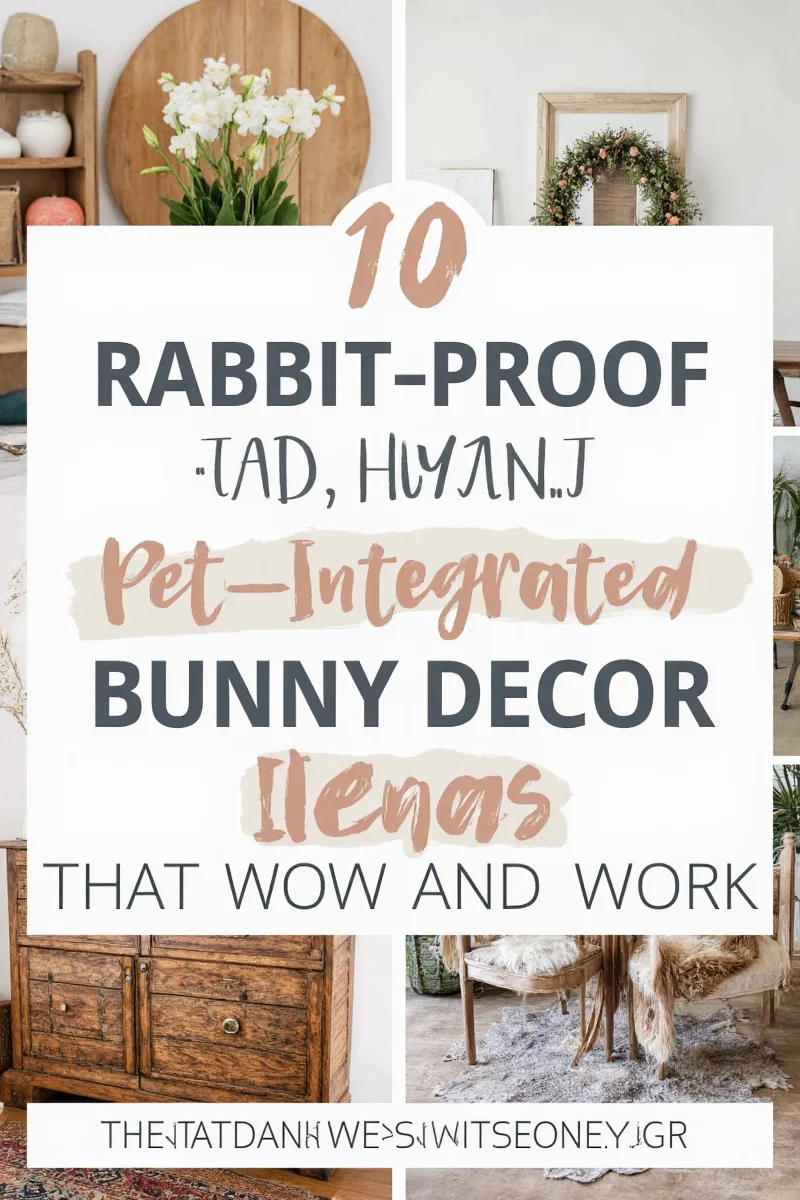
Conclusion: Create a Space That’s Fluffy and Functional
Bunny decor isn’t about babyproofing for bunnies—it’s about embracing their quirks and building a space that works for both you and your hopping roommate. Whether you're going full rustic with wicker baskets or sleek Scandinavian minimalism, the goal is harmony between your design taste and your bunny’s natural behaviors.
With these tips, tricks, and product recommendations, you’re ready to craft a home that’s both stylish and bunny-approved. And who knows? Your fluffy friend might just become your new interior designer.
So go ahead—let your bun live their best life, one stylish chew at a time 🐇✨.

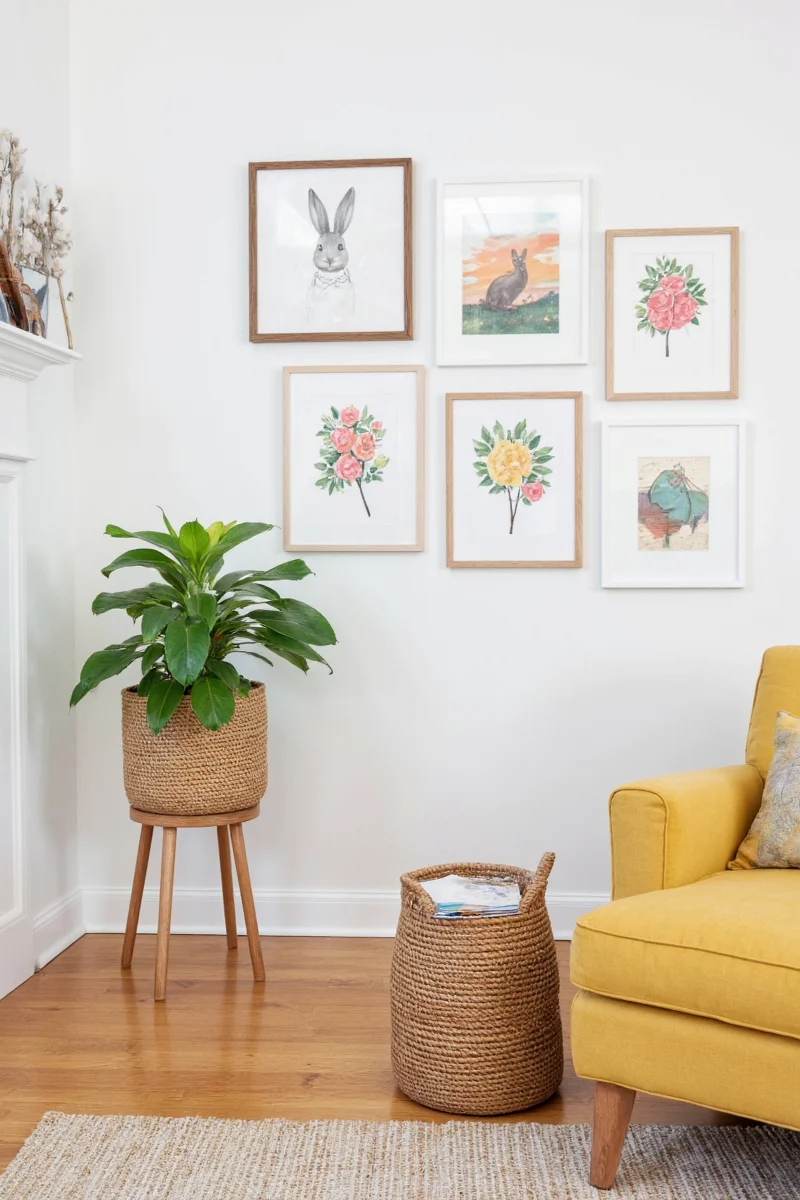









 浙公网安备
33010002000092号
浙公网安备
33010002000092号 浙B2-20120091-4
浙B2-20120091-4